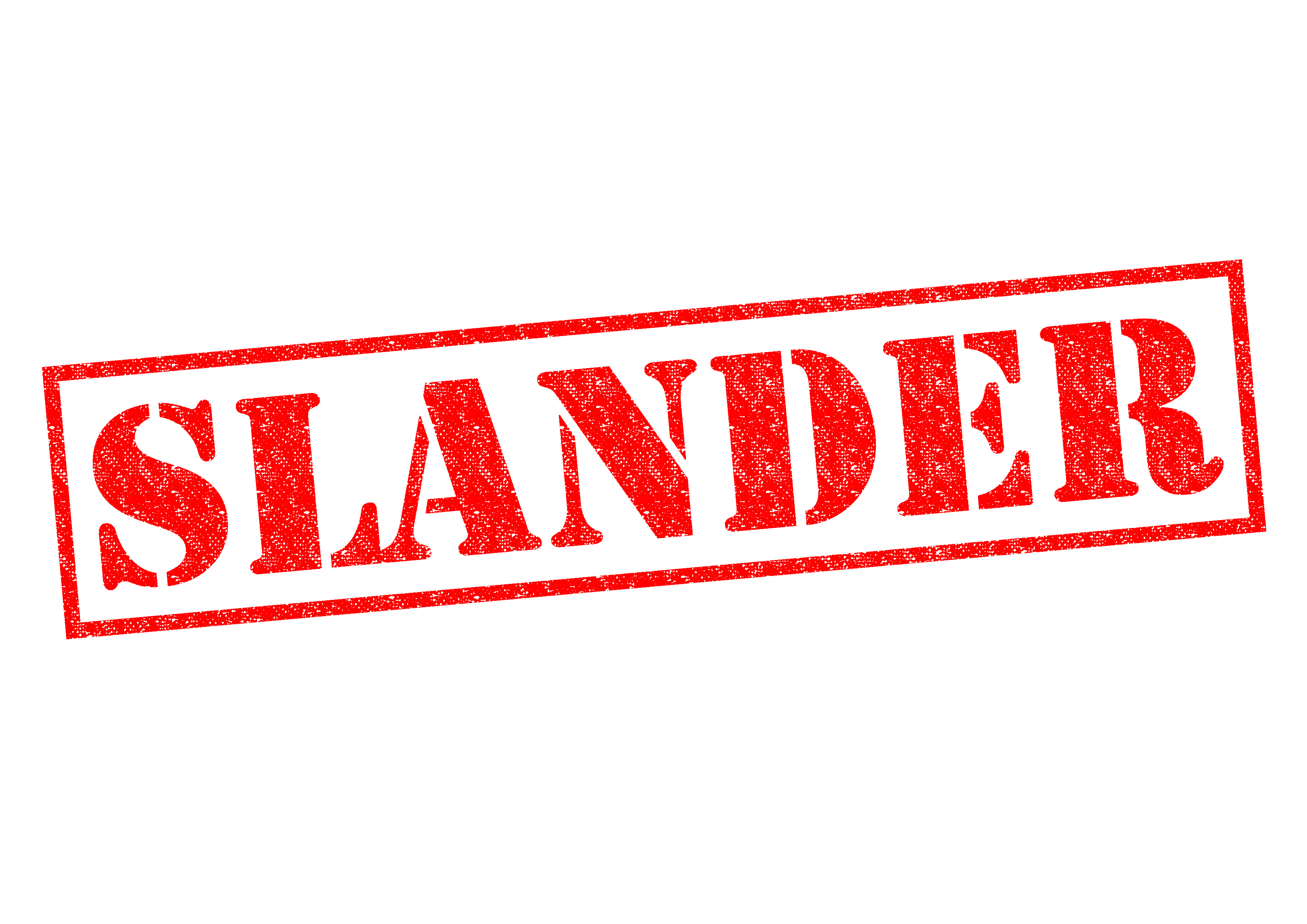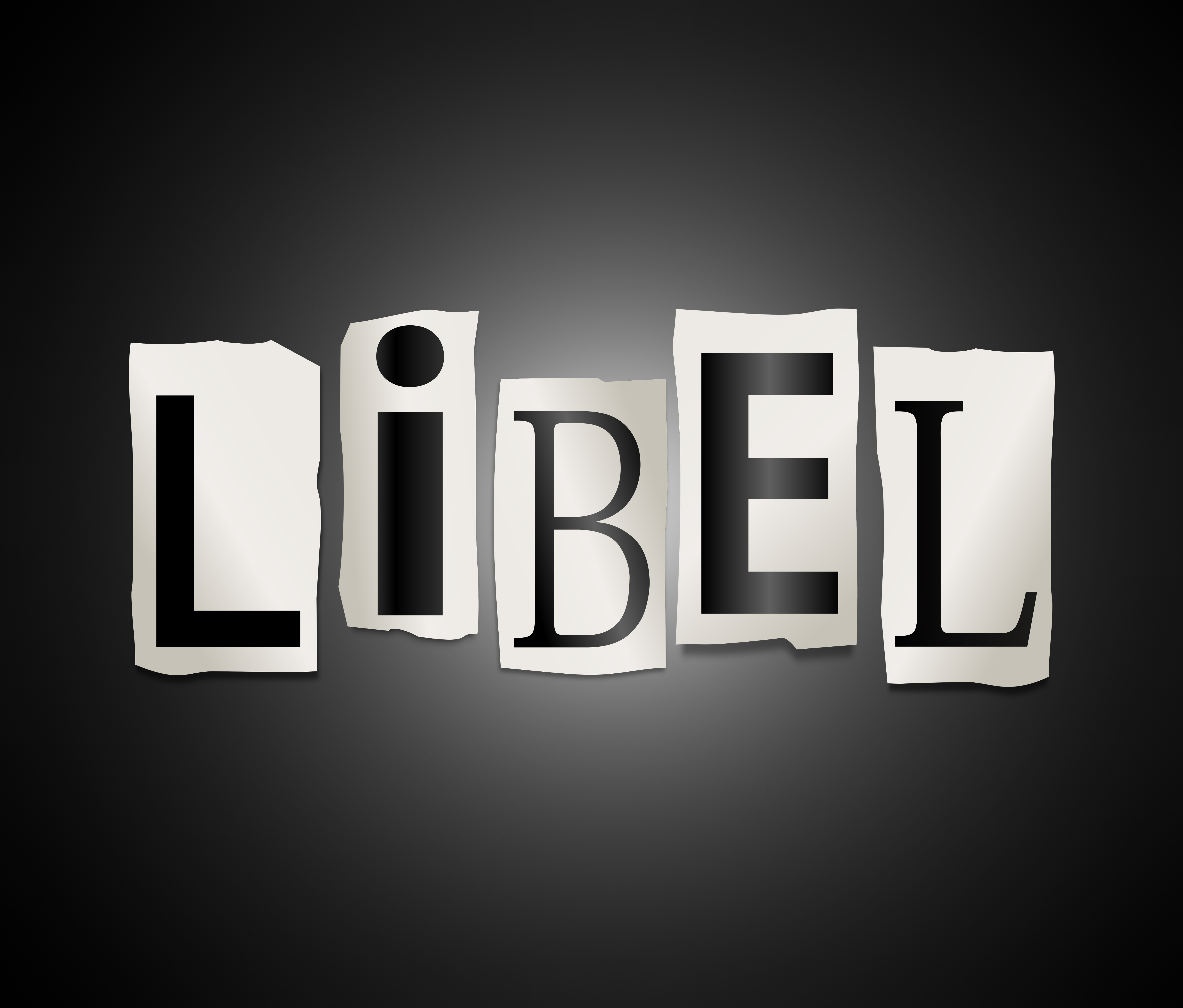By: Justin C. Carlin
One of the most common types of business torts in Florida is the tort of defamation, which consists of the following elements:
1. A false and defamatory statement concerning another;
2. An unprivileged publication to a third-party;
3. Fault amounting at least to negligence on the part of the publisher; and
4. Either actionability of the statement irrespective of special harm the existence of special harm caused by the publication.
See Rapp v. Jews for Jesus, Inc., 944 So. 2d 460- 464-65 (Fla. 4th DCA 2006).

Defamation per se (including slander per se or libel per se—”libel” refers to a written communication, whereas “slander” refers to spoken word; both “libel” and “slander” are considered subcategories of “defamation”) is actionable without proving damages or malice on the part of the speaker. However, slander per quod requires an additional explanation of the words used to show that the words are, in fact, defamatory or that the person defamed is the plaintiff. In the State of Florida, there are four categories of defamation per se, which are as follows:
1. Statements that impute to another a criminal offense amounting to a felony;
2. Statements that impute to another a presently existing venereal or other loathsome disease;
3. Statements that impute to another conduct, characteristics, or a condition incompatible with the proper exercise of his lawful business, trade, profession or office;
4. Statements that impute to a woman acts of unchastity.
See Campbell v. Jacksonville Kennel Club, Inc., 66 So. 2d 495, 497 (Fla. 1953).
For the most part, it is not difficult to see why the statements considered to be defamation per se are presumed to be injurious. Who wouldn’t be harmed if someone falsely spread a rumor that another person was a felon or suffered from an infirmity that made one incapable of performing within his profession? Any other allegedly defamatory statement not falling within one of the categories of defamation per se are considered defamation per quod. The distinction is extremely important because, in an action for defamation per se, damages will be presumed, and a trier of fact (whether a judge or a jury) will (seemingly somewhat arbitrarily) award an amount of damages that is commensurate with the level of harm that the trier of fact perceives to have been experienced by the plaintiff as a result of the defamatory statements. On the other hand, a plaintiff in a defamation per quod action must provide the trier of fact with evidence that the defendant acted with malice and the defamatory statements actually caused harm to the plaintiff sufficient to justify an award of money damages.

If you are in need of a South Florida defamation attorney to handle a defamation case (in Palm Beach County, Broward County, Miami-Dade County, or elsewhere in Florida), then please call our law firm in Fort Lauderdale at 954-764-6766 to schedule a consultation with a Broward County defamation lawyer.

